Preface
Soon after Dad died tragically of a heart attack in June 1964, Mom, my 17-year-old brother Chris, and I (Tim) begin cleaning out our basement in our suburban home in New Jersey. Among the many boxes, we discover one that contains stacks of letters written between our parents from 1939 to 1946, from their courtship to his return from the Pacific theatre. Interspersed among these 600 letters were about 50 letters from Dads mother, Leonora, to Dad from his 1942 entry into Officer Candidate School (OCS) until his return Stateside. There are also a number of letters from Moms brother, Bill, to her, written from the European front during the last six months of the War, from the Battle of Bulge past VE Day. There are also sporadic letters from other family members, aunts, uncles, and cousins.
With the pain of Dads death shooting through her, Moms immediate reaction is to tell my 17-year-old brother and 14-year-old me to not look at any of the letters and tape up the box. She is 49 years old and for the next 36 years, far longer than her 24-year marriage to Dad, we were not aware of her ever opening this painful Pandoras Box. Who knows, she may have looked at the letters. My parents desire to save all these letters is documented in one of Moms letters with their expressed hope to share them in a retirement that never happened.
The box was carried from our family home to a new house and when Mom decided to move to Boston to an assisted-living center near our home; the box was stored unopened in our basement.
Mom died of complications from a stroke in 1998 without ever dating another guy or telling us many stories of her relationship with Dad before we were born in 1947 and 1950. As my brother and I move toward and past 70 years, maybe its time to share the mysteries of the letters. The story begins:
This 1940s map of the Pacific Island chains used on the book cover was chosen for specific reasons. First, the red outline of the United States shows the vast geographic area of the US superimposed over the even larger area of the Pacific islands where the Allies were in combat with Japan during WWII. Imagine the area that US forces had to cover. Secondly, our Dad, Major Don Dunn, was flown over 2000 miles per week for one year to inspect and investigate safety, supply and logistical support problems that were absolutely required for the US in their defeat of Japanese forces. Dad earned his frequent flyer miles in this vast area in an Army Air Corps DC 3 at 7,000 feet above the endless Pacific.
Introduction
After I first read the letters during the summer of 2019, I began to review memoirs of people who faced the loneliness and horrors of WWII. Most of the memoirs were based on letters from one military person to a loved partner or family member. I realized how our collection of correspondence was quite unique: a dialogue between Mom and Dad, a dialogue between Dad and his mother, and a dialogue between Mom and her baby brother. A family sharing its stories of WWII.
The Poppa and The Punkin: A World War II Romance Told in Letters (19391946) describes the following:
- An eight-year dialogue between Mom and Dad, from their courtship in 39 to their reunion at Phillys Sheraton Hotel in April 46
- An almost daily exchange of letters over a 12-month period when Dad was in Hollandia, Dutch New Guinea, and Manila, Philippines, serving as a traveling major for the Inspector Generals office, while Mom lived in Pennsylvania with her family
- Moms brother Bills letters from the European front; written between 1944 and 1945, from the Battle of the Bulge past Berlin, they are the words of a 25-year-old private to his older sister with whom he could tell his darkest fears and brightest hopes.
- A slice of Grandmother Leonora Dunns letters to her son, Donald, our Dad from 1942 to 1946; sadly, most of these letters did not survive the jungle environment of the South Pacific. Only our grandmother Leonoras letters that Dad included with his letters to Mom were saved.
- One additional stroke of luck was that in Dads year-long sojourn abroad to the Pacific, Mom traveled to New London, CT, from Pennsylvania for a three-month-long summer visit to Dads family. There are a number of letters from my mom that describe what was happening on the home front in Dads family: selling the family home, the death of Dads grandfather, the failing health of his own Dad, the growing economic strain, and the joyous wedding of our Uncle Ned to our Aunt Maud, which Mom helped orchestrate.
Our parents spent great effort keeping track of their correspondence sent 10,00013,000 miles across the ocean. Each of the letters was numbered. Each time our parents would write, they would enumerate the letters they had received. Dad would even mention how many letters he had received from his mother, probably equaling Moms 300 letters. Mom would share her brothers letters with Dad.
We have a record of our familys letters to each other, which describes their reactions and feelings about this global conflagration. They record their emotional reactions to the events of the Second World War: its beginning in September 1939; the shock of Pearl Harbor in December 1941; the months of our parents separation in the US from June to December 1942; three years of moving together from Enid, OK, to Garden City, KS, to Waco, TX, to Salt Lake City, UT, from December 1942 to March 1945; and when Dad shipped off to Hollandia, Dutch New Guinea, and Manila, Philippines, from March 1945 to April 1946. Their joys, grief, sadness, anxieties, fears, loneliness, and aspirations for the future tempered by their ceaseless worries and their truly ecstatic moments when Poppa would get a letter from the Punkin or Punkin would hear from Poppa.
During that year in 19451946, the family, like other Americans, faced the devastation of Roosevelts death, thanksgiving for VE Day, the familys fear of our traumatized uncle being shipped to the Pacific to attack Japan, their differing reactions to the atomic bombs in Hiroshima and NagasakiVJ Day, the creation of the UN, and their eight months of frustration, separation, and loneliness until Dads and our uncles return Stateside in April 1946.
Their stories are important to tell in their own words, as they reflect what so many other American families experienced during the war.
Why another memoir of World War II? First, this Summer we commemorate the 75 th anniversary of the Wars end and the creation of the United Nations. Although the UN has not stopped all war, it has been the means to prevent nuclear disaster and a repeat of the violence of WWII. Secondly, the US Department of Veterans Affairs determined that around 16 million US men and women served in World War II. By September 2019, only 375,000 of the 16 million were still alive.
Today, their death rate per year is well over 127,000 men and women, sadly and ironically exploding with the birth of Covid-19. By 2023 or probably much sooner, we will face the sad reality that the Greatest Generation will be gone.
Thus, this memoir shares the stories of the Greatest Generation, all our parentsthat many of our own generation, we Baby-Boomers do not really know the details. Whether it be from their early deaths or painful memories too difficult to share, we boomers may not understand some of our own beginnings or shared values as we begin to face the closing chapters in our own lives.

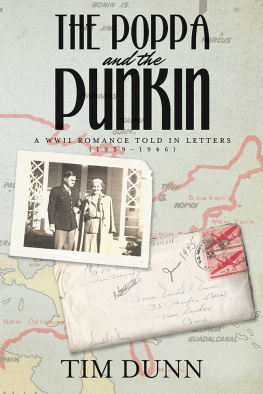

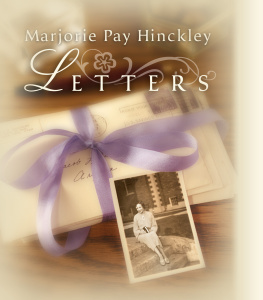
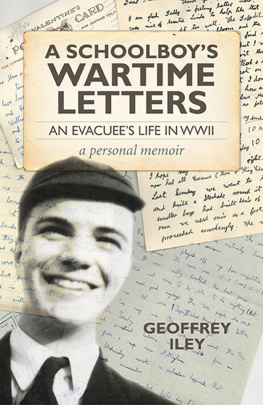
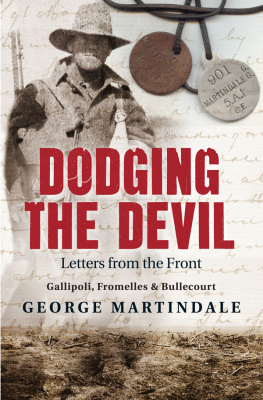
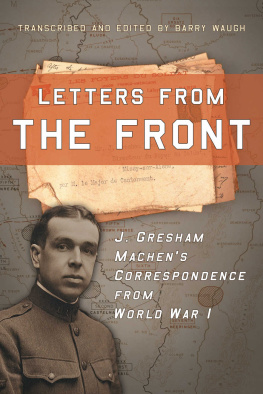
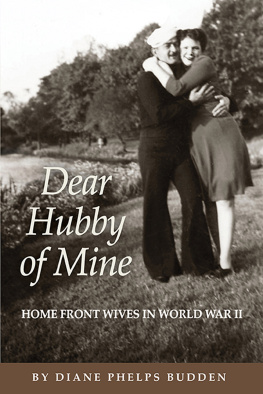
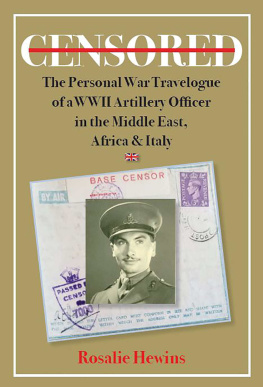
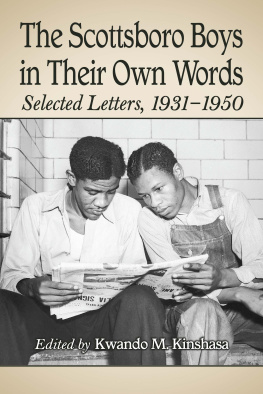
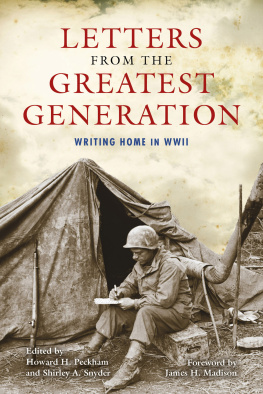
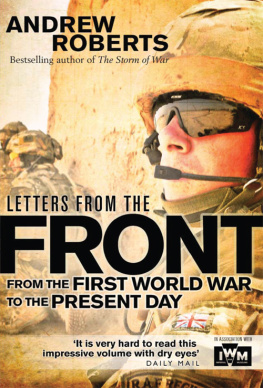
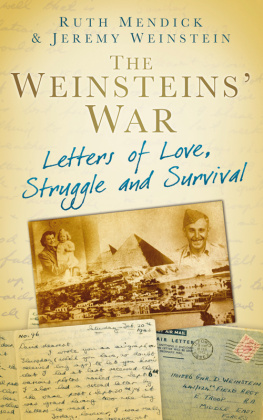


.jpg)